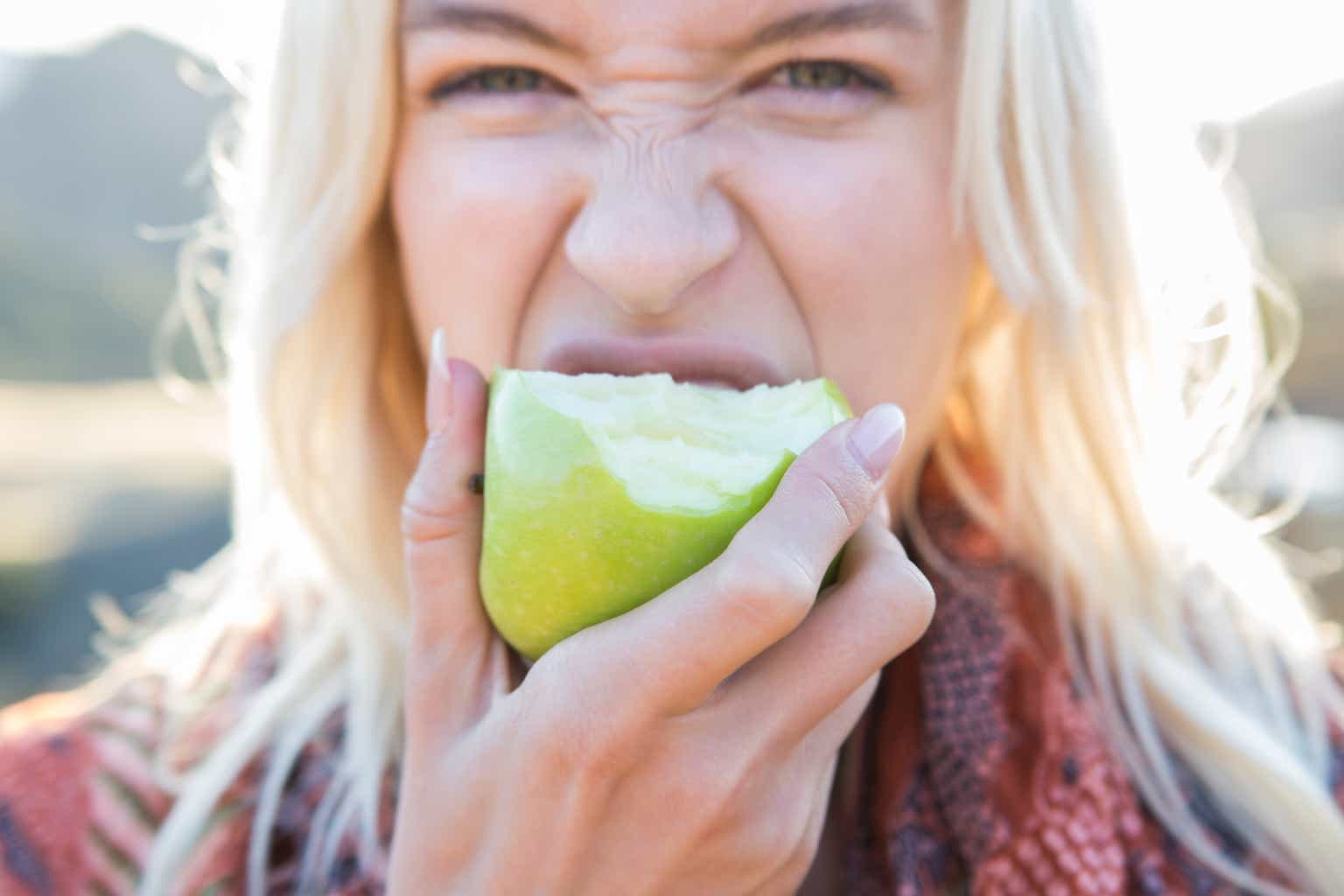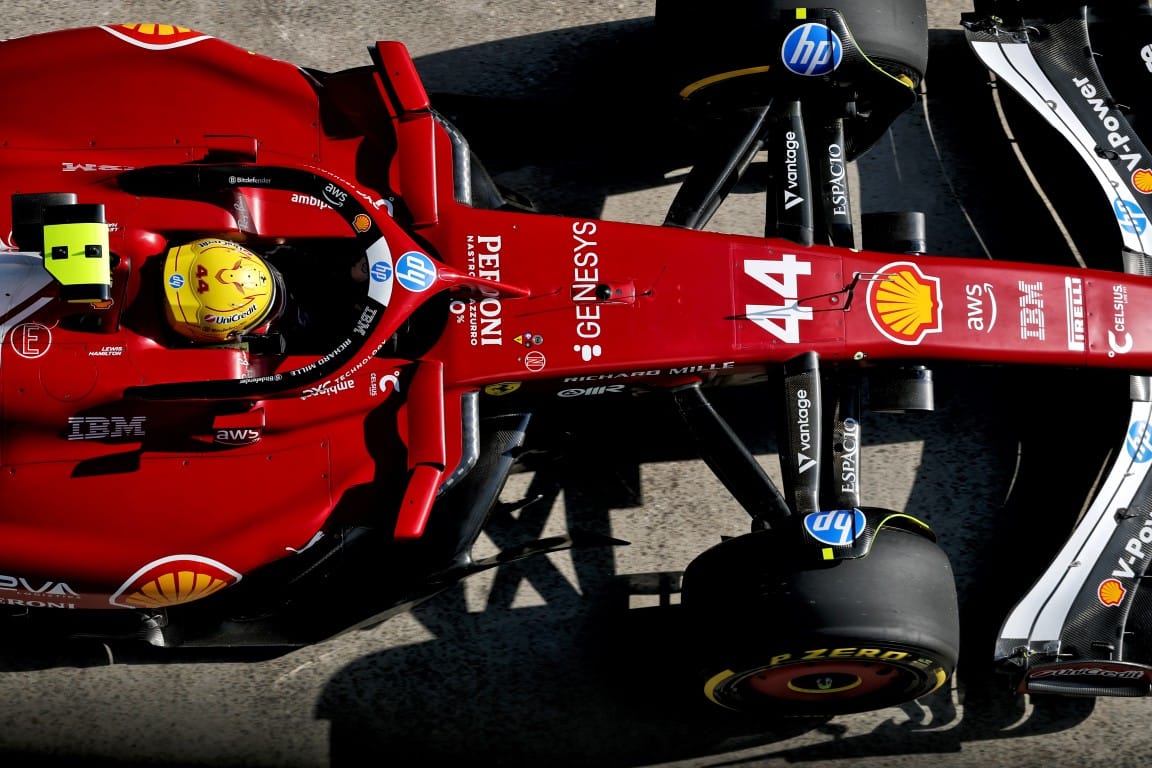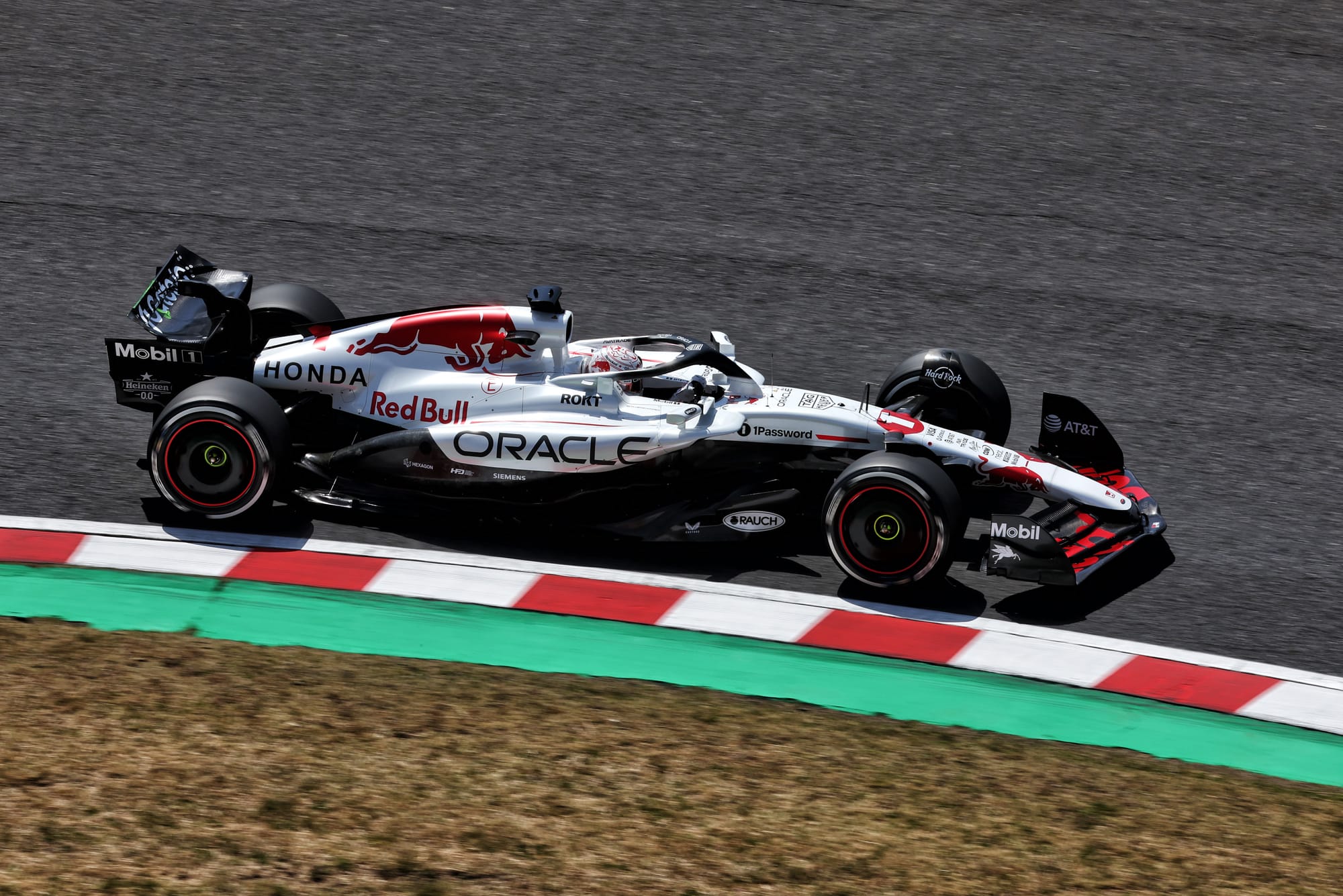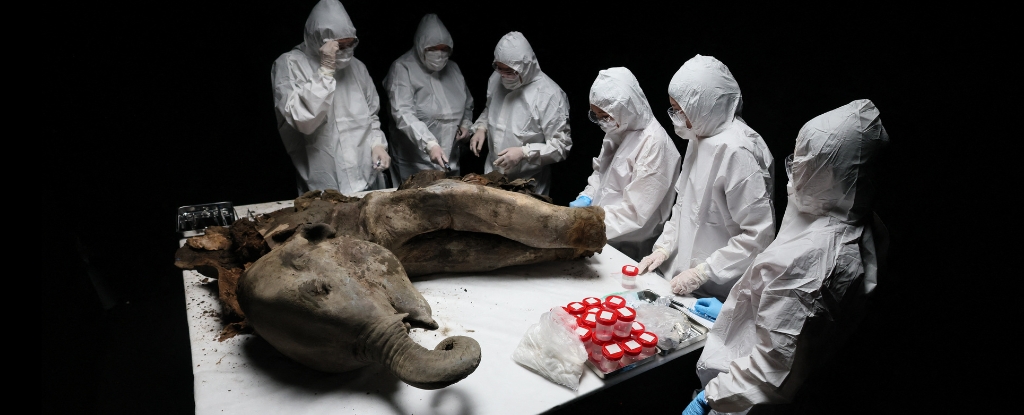HuMilk for sale?
On my way to Regenstein Library today to pick up a book, I saw this sign, and beside it was a table with a woman and a cooler, presumably holding these products: I showed it to several people, all of whom were grossed out, even when I told them that they most likely drank that … Continue reading HuMilk for sale?

On my way to Regenstein Library today to pick up a book, I saw this sign, and beside it was a table with a woman and a cooler, presumably holding these products:
I showed it to several people, all of whom were grossed out, even when I told them that they most likely drank that milk when they were infants. I was sort of grossed out too, I admit, though I was not breast-fed as a baby.
Finally, I told one friend that to get the chocolate HuMilk some women must have to eat a lot of Hershey Bars. I thought I was being funny, but that just grossed her out even more. (Note that it is organic and free-range, so it presumably does not come from prisoners.)
Finally, the 2% variety (the cow milk I make my lattes with) is nearly as cheap as cow milk. Given the source, I found that amazing. That should have been the tip-off to me that something was fishy here.
But it ain’t real. I found a video featuring one of the supposed founders, who says the milk comes from consenting surrogate mothers. It turns out, as you might guess from the ad, this is not genuine human milk but oat milk. It is a ploy to get people to go vegan, and it sure got my attention! But I am not going vegan.
But should adults drink human milk at all? No, not according to this editorial in the JRSM:
The latest supplement – touted as completely natural, free-from and a ‘super food’ – human breast milk has emerged as a recent craze among adults. While breast milk has long been promoted as optimal for infant nutrition, among CrossFit, BodyBuilding, Palaeo and other fitness communities, fetishists, chronic disease sufferers and even foodies, breast milk is in demand. In the UK, breast milk ice cream is for sale. In the USA, a lollypop company sells a breast milk-flavoured sweet. Primarily, though, the milk is sold in its raw state, ready to drink.
At present, a number of Internet sites and forums cater to those wishing to buy or sell breast milk.1 These sites allow women who are expressing milk to advertise both with text and images, communicating details such as cost per ounce and a description of milk’s source. Buyers can also advertise, detailing needs and volume requirements in order to find an appropriate donor or seller. Unlike licenced milk banks, which are directed at infant feeding needs, these forums allow adult buyers to seek sellers, and sellers to advertise that they will ‘sell to men’ or adult buyers. Individuals can then follow up on these advertisements, contacting each other either to meet or to conduct transactions via distance selling, with the milk being shipped, usually by courier, after being frozen and/or packed in dry ice.
Milk is often sold at a premium for adult buyers, with sellers charging as much as four times the price for non-infant feeding sales, a premium that has received high-profile media coverage.2 But why are adult consumers paying a premium for human milk? Online forums are replete with posts boasting about the immune, recovery, nutritional and muscle building benefits of human milk. For those seeking a competitive edge, this milk is supposed to deliver significant returns. A ‘clean’ super food, it is purported to lead to ‘gains’ in the gym, to help with erectile dysfunction, to be more digestible and to contain positive immune building properties.
Such purported benefits do not stand up clinically, however. Nutritionally, there is less protein in breast milk than other milks like cow’s milk.3 Chemical and environmental contaminants are known to make their way into breast milk, just like the food chain more broadly.4,5 No scientific study has evidenced that direct adult consumption of human milk for medicinal properties offers anything more than a placebo effect, and rather where breast milk offers clinical and nutritional researchers much promise is at a component or stem cell level.6,7 The benefits of breast milk are being found in the lab, not in drinking a bottle ordered online from an expressing mum.
Indeed, raw human milk purchased online or in an unpasteurised state poses many risks. It exposes consumers to food-borne illnesses like any other raw milk. Research into breast milk bought online identified the presence of detectable bacteria in 93% of samples, with Gram-negative bacteria in 74% of samples.8 Such levels of bacteria can be attributed to the failure to sanitise properly when expressing milk, the failure to sterilise equipment properly, improper or prolonged storage of milk and improper transportation of milk.
Won’t get fooled again!

















































































